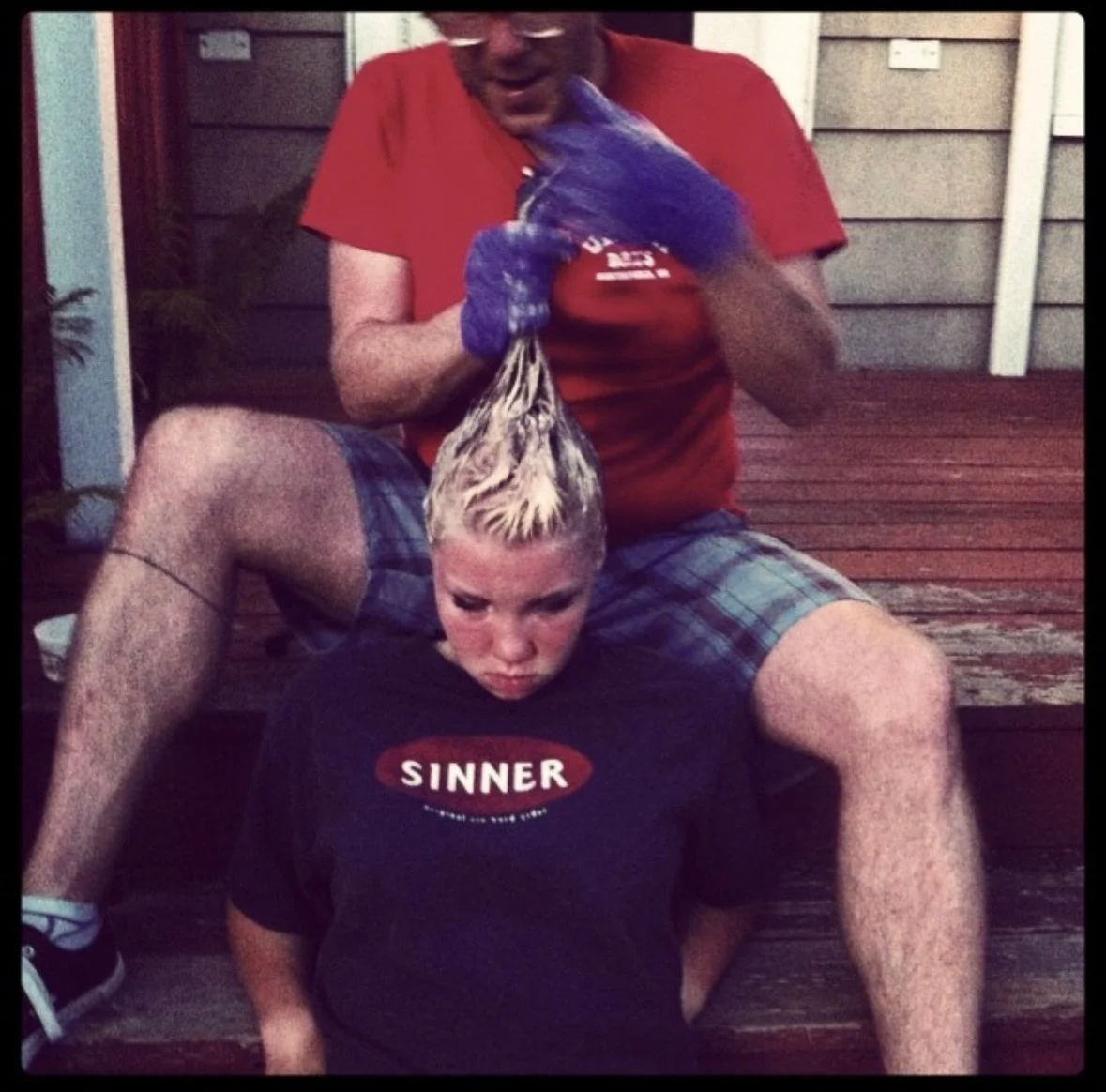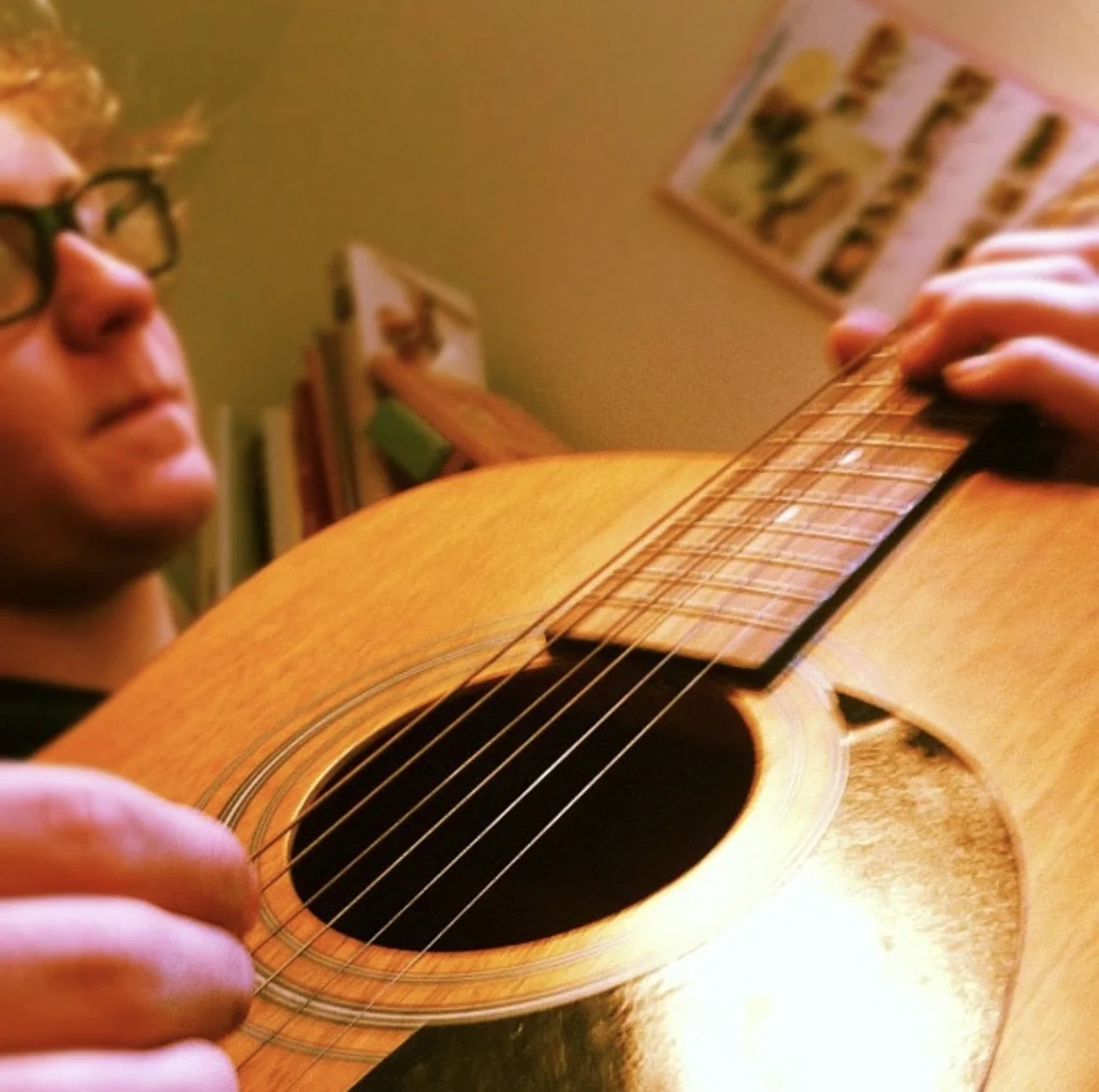The Reinvention of David Simmons
*First place — University of Oregon’s Gateway to Media feature writing contest.
Bags under his eyes contrast a lively, clean-shaven face. Clear framed glasses and a tattered green baseball cap give him a personable quality. The town has a nostalgic streetcar era feel, with dilapidated storefronts exposing its run-down reality.
Smiling, he reaches for his most recent buy: a maroon electric guitar. He only plans to play it for fun, but the instrument symbolizes his ability to bring trauma into a positive light.
“I love people that use drugs,” said David Simmons. “And you do too.” One in six people to ever live have dealt with substance abuse disorder, according to Simmons. It’s something that leaves nobody untouched.
Oregon has the nation’s highest reported rate of pain killer misuse, according to the Substance Abuse and Mental Health Services Administration. Doctors prescribe more pills in Oregon than in any other state.
Multnomah County Chair Senior Policy Advisor Liam Frost blames decades of bad policy choices. He urges government to assist residents in fighting addiction. “Asking someone living with daily trauma to manage their addiction is like asking someone to climb Mount Hood with (their) legs and arms tied together,” he said. “It’s just plain cruel.”
A classical musician by trade, Simmons saw his life consumed by alcoholism during his 20’s and 30’s. He put his guitar on the back burner as alcohol ate up more and more of his life. He’d drink a bottle of vodka for breakfast each morning and wake up to an alarm reminding him to drink in the middle of each night.
When Simmons finally sought help, people referred to him as an end stage alcoholic. “I was not likely to survive that,” Simmons recalled. “By some luck I did.” Determined to mitigate suffering for others, he enrolled in medical school at 37 years of age.
Simmons now specializes in opioid use disorder at Samaritan Health Services in Lebanon, Oregon. “Coming to care deeply about people whose lives are marked by severe trauma has changed who I am as an individual,” Simmons said. His pain has become his passion.
Simmons has no plans to leave. “One of the reasons I love it and I think I’ll do this for the rest of my career,” said Simmons, “is that the days are never consistent, and they’re never predictable.” And in his spare time, Simmons looks forward to picking his guitar up once again, even if only for fun.


